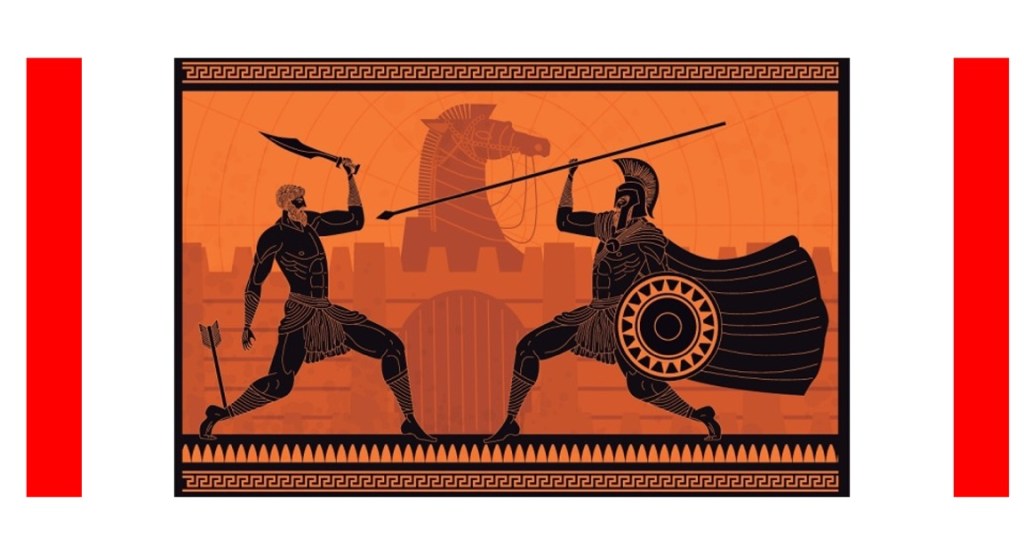
In all walks of life, there are people who have deeply held convictions about how the world works, and act accordingly. The business world is no exception.
Examples I encountered during my career were business leaders that held and acted according to the following convictions:
- The only way you gain respect by ‘the business’ as a staff department, is by reducing your headcount to the absolute minimum
- Partnering with other vendors to deliver an integrated solution for clients is unnecessarily complex and has a negative impact on the margin
- Teams perform at their best if the annual bonus of individual members is linked to individual financial targets
- Customizing services for individual clients equals to sub-optimization
Strong convictions usually stem from the successes they brought us in the past. They also tend to become stronger over time: every time we successfully act in accordance with one of our convictions, our inclination to use it in similar situations increases.
Strong convictions offer several advantages
Strong convictions help us to make sense of the world around us and to simplify our decision-making processes. They save us time and effort. When we are confronted with an issue on which we have a strong conviction, our mental muscle memory immediately kicks in to prescribe the decision we need to take.
Another advantage of strong convictions is the potential it offers to persuade others. Because we feel strongly about a topic and have an active ‘personal repository’ of evidence (previous cases in which a particular course of action worked for us), we can speak convincingly to others about it.
